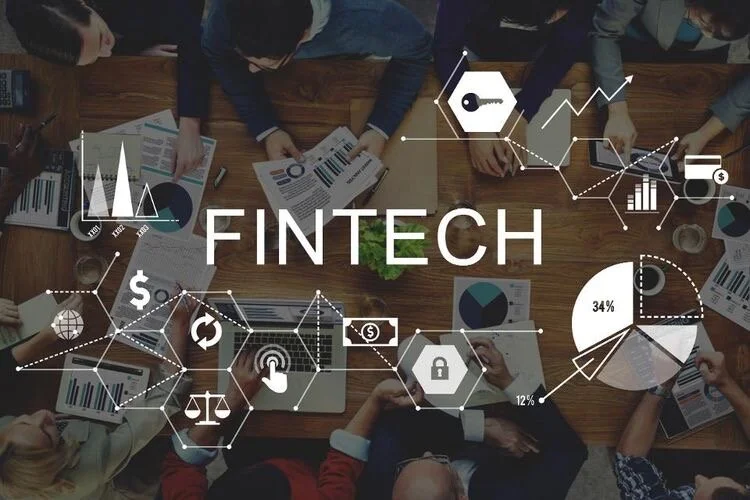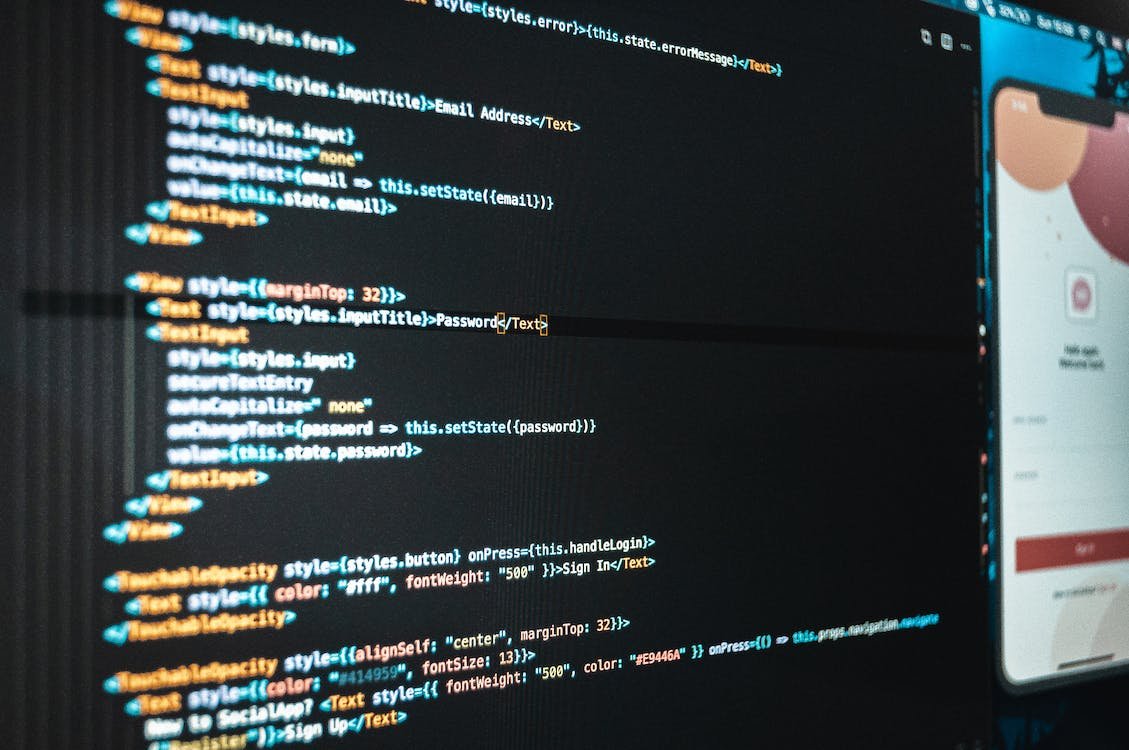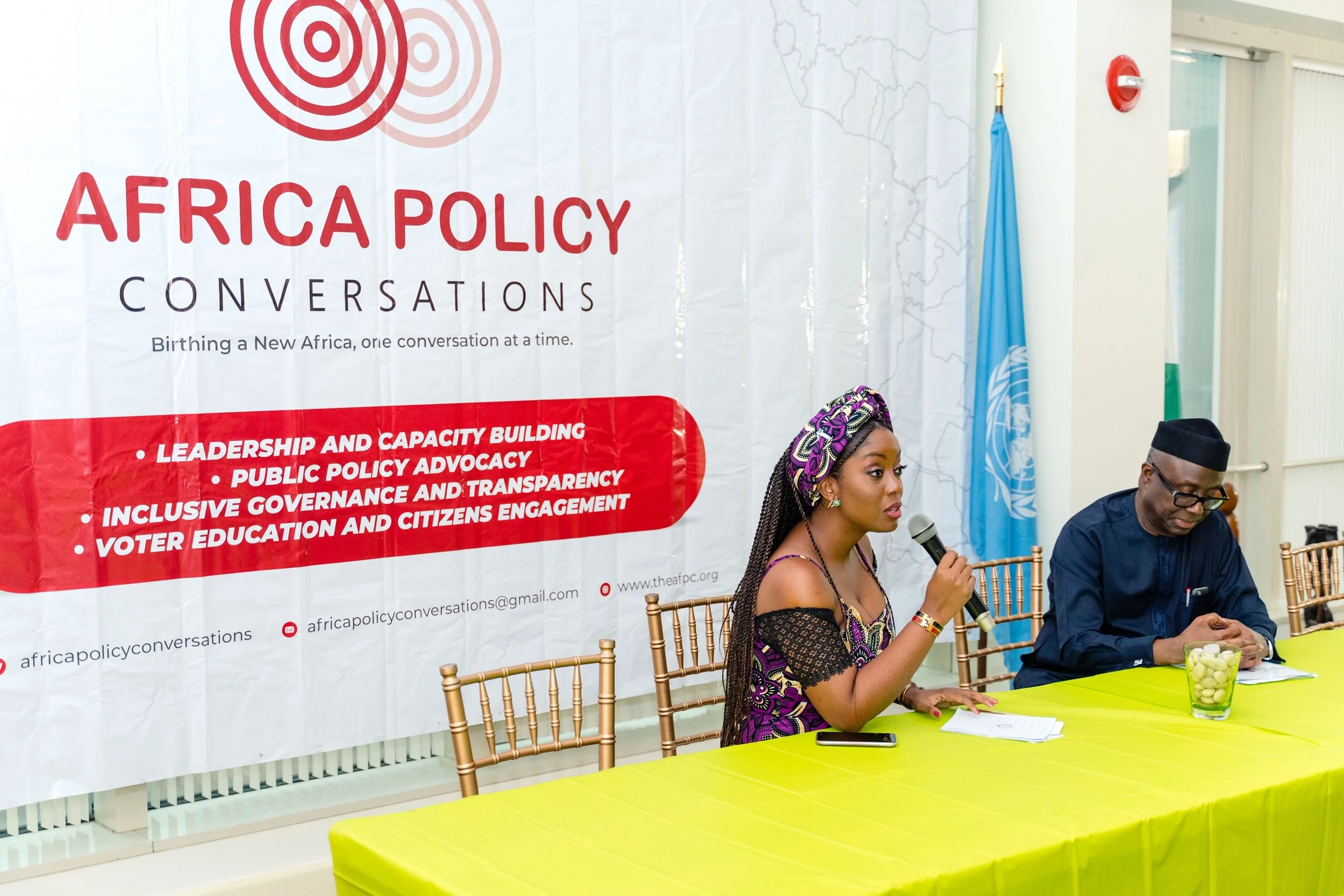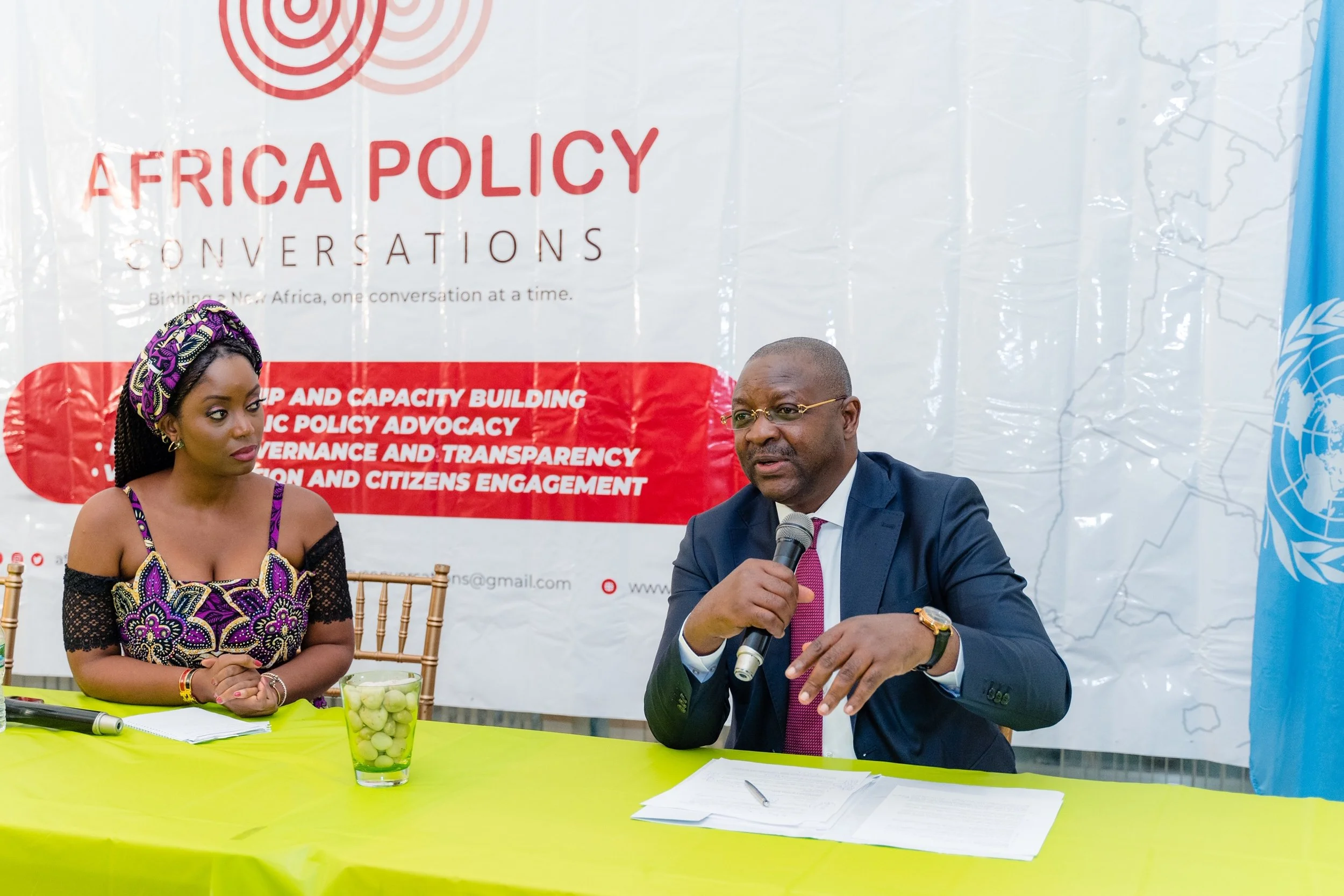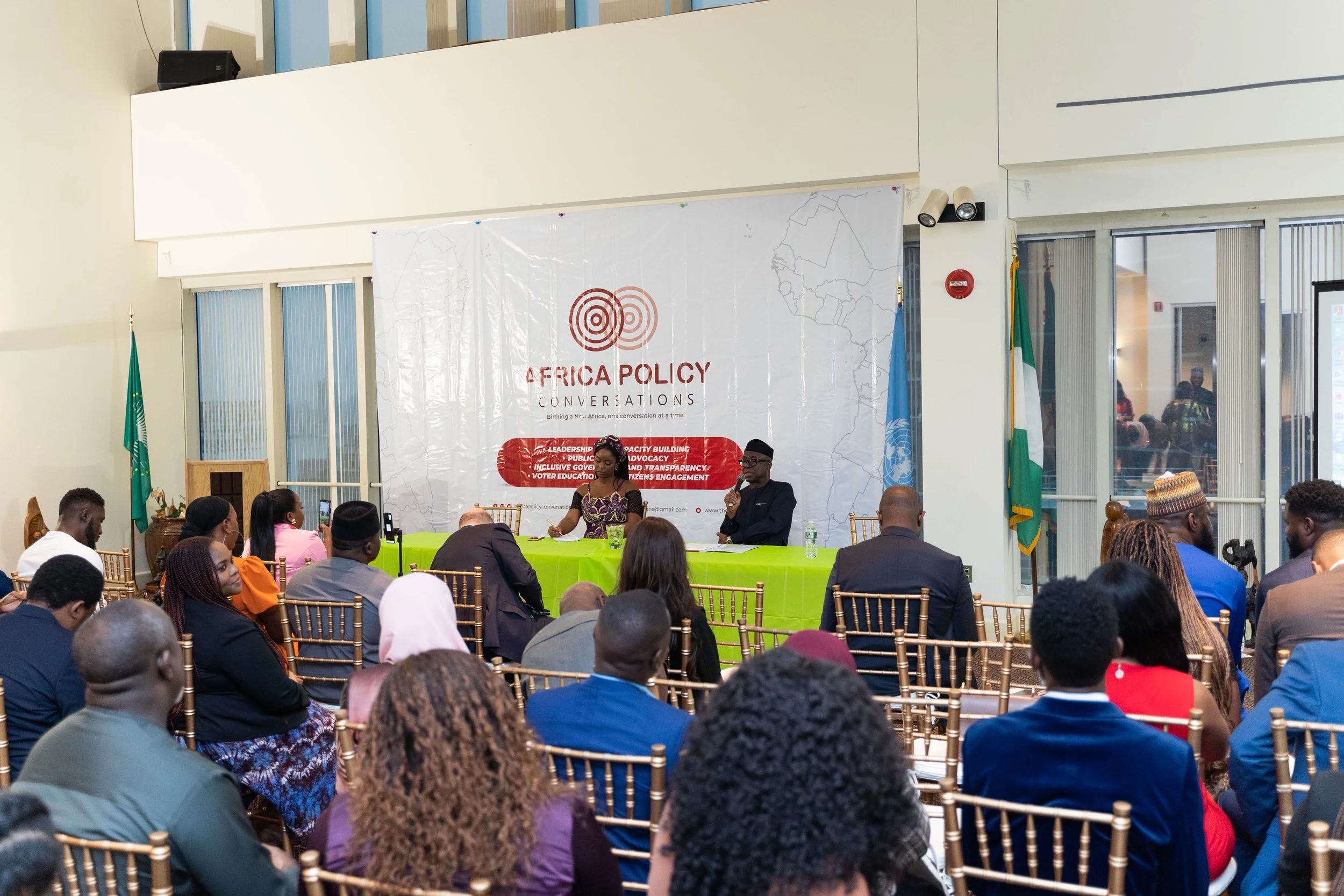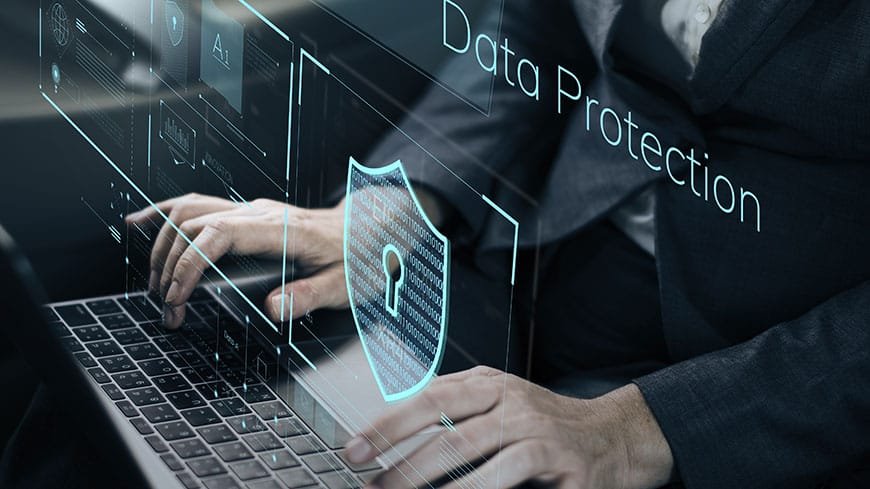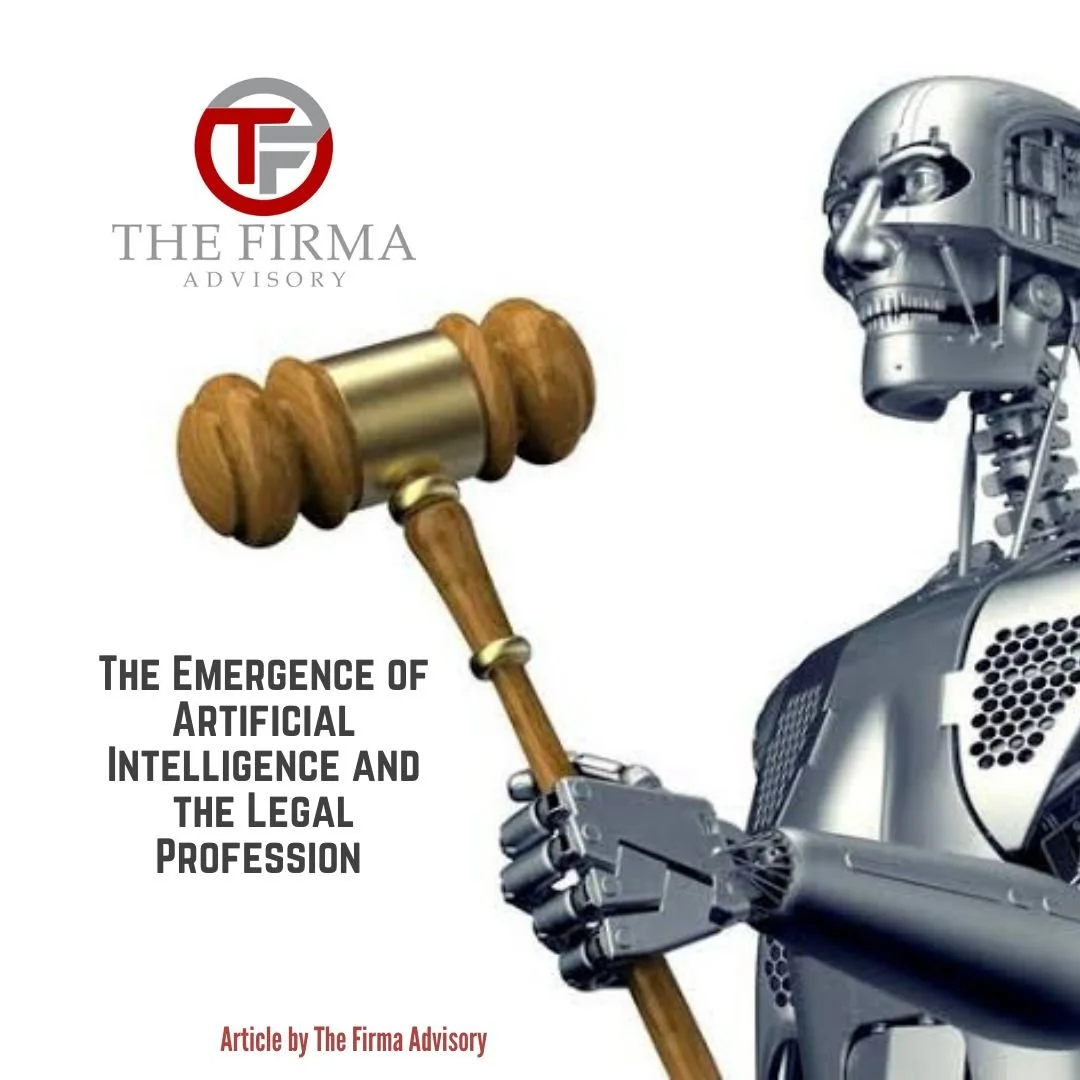INTRODUCTION
Over the years, Nigeria's power sector has experienced numerous issues, including insufficient generation capacity, inadequate transmission and distribution facilities, and limited access to electricity. To address these issues, the Nigerian Electricity Regulation Commission (“NERC”) has put in place a number of regulations and initiatives, including sub-franchising.
Sub-franchising is a business concept in which a company (the sub-franchisee) invests in and administers the distribution network of another company (the franchise holder). This technique has been utilized to improve electricity supply in various countries, and the collaboration between Connexa Energy and Kano Electricity Distribution Company (“KEDCO”) in Nigeria is a good example of sub-franchising in action.
This article will attempt to discuss the business model of “Sub-Franchising” as a tool to improving electricity distribution in Nigeria.
UNDERSTANDING SUB-FRANCHISING IN THE NIGERIAN POWER SECTOR
Sub-Franchise Definition
Sub-franchising is a business strategy in which a franchisee is given the right to open and operate the business model of the Sub-franchisor in a defined geographical area. Sub-franchising in the Nigerian power industry entails awarding a third-party operator the right to facilitate the distribution of electricity in a certain area or zone. The facilitation could include metering, billing, distribution, maintaining distribution lines etc. This strategy is an efficient method of increasing private sector participation in the power sector and improving electricity delivery.
The Legal Framework for Sub-Franchising in Nigeria
In 2020, NERC released guidelines for sub-franchising in the power sector. The guidelines outline the procedures for licensing and regulating sub-franchise operators, as well as the roles and responsibilities of all parties involved in the sub-franchising agreement. These guidelines provide a legal framework for sub-franchising in the power sector, which helps to ensure transparency and accountability in the sub-franchising process.
Benefits of Sub-franchising in Nigeria
Sub-franchising has various advantages for the Nigerian power sector, including the following:
Sub-franchising permits private sector operators to participate in the power industry, which can help to raise investment and enhance service delivery.
Sub-franchising can lead to increased electricity supply by enhancing competition and fostering service delivery innovation.
Enhanced accountability: The sub-franchising agreement defines the roles and obligations of all parties involved, which contributes to increased accountability and transparency in power distribution.
Job creation: Because sub-franchise operators frequently hire local workers and contractors, sub-franchising can offer job possibilities in local communities.
Increased revenue: Because sub-franchise operators are required to pay licensing fees and other costs, sub-franchise operators can raise revenue for the government and other stakeholders.
THE COLLABORATION BETWEEN KONEXA AND KAEDCO AS A CASE STUDY
Background Information on Konexa and KAEDCO
Konexa is an energy company that partnered with the Kaduna Electricity Distribution Company (KAEDCO) using the sub-franchising model to create the relationship. The ECOF Kaduna Ltd is the special purpose vehicle created for the purpose of delivering on the sub-franchise agreement. The project consists of the generation, distribution, and marketing of electricity in the Zaria road and Kudenda areas (Konexa’s sub-franchise area) of Kaduna City.
Details of the Two Companies' Sub-Franchise Agreement
Konexa was granted the right to distribute power to some parts of Kaduna State as part of the sub-franchise deal. Konexa was in charge of providing metering, billing, and collection services in the sub-franchise areas together with the construction of 2.5 MWp solar photovoltaic plant, 8 mini-grids and approximately 285 solar home systems (SHS) as well as upgrading, replacing and installing of network distribution equipment, the rollout of smart metering infrastructure, and the implementation of an integrated cutting-edge information and operations technology platform. and had to pay a franchise fee to KAEDCO. The agreement also defined each party's tasks and obligations, including Konexa's technical and commercial responsibilities and KAEDCO's regulatory and supervisory function.
The Sub-Franchise Agreement's Outcomes
The sub-franchise deal between Konexa and KAEDCO has improved Kaduna State's energy supply. According to reports, the sub-franchise model has enhanced revenue collection by increasing metering and billing accuracy, reducing technical and commercial losses, Customers' happiness has also increased as a result of the strategy, as they experienced greater service delivery and shorter outage times. The success of the Kaduna State sub-franchise concept has prompted calls for its replication in other parts of Nigeria.
Why are more DISCOs choosing the Sub-franchising model over the standard PPAs (Power Purchase Agreements)
For a variety of reasons, Nigerian Distribution Companies (Discos) may prefer sub-franchising to a regular Power Purchase Agreement (PPA). Some of the reasons are outlined below;
Sub-franchising allows Discos to delegate some technical and economic obligations to the sub-franchisee, resulting in more efficient distribution network management. This can assist in addressing the issues of technical losses, low collection rates, and poor customer service that have plagued the Nigerian power sector, as well as improving electricity supply in unserved and underserved areas.
Sub-franchising permits the private sector to participate in the electricity industry, potentially leading to higher investment and innovation. Private sector participation can help to introduce fresh cash and experience into the sector, as well as enhance competition and efficiency.
Through the collection of franchise fees from the sub-franchisee, sub-franchising provides Discos with an additional revenue source. This can aid the Disco's financial viability and support its ongoing operations and distribution network investments.
Sub-franchising allows for modification of the franchise price, performance standards, and other essential aspects, therefore sub-franchising can be more flexible than PPAs. This can assist in guaranteeing that the sub-franchisee has enough incentives to perform well and that the distribution network is handled in a way that maximizes efficiency and customer happiness.
Overall, sub-franchising has several advantages over normal PPAs for Nigerian Discos. While PPAs can offer power generators a long-term revenue stream, they may not be able to motivate the kind of investment in distribution infrastructure that is required to improve overall dependability and quality of energy supply, which is the Discos' primary role. Furthermore, sub-franchising can encourage private sector participation and innovation in the electricity industry, while also providing Discos with an extra revenue stream and allowing them to better manage their distribution networks.
IMPORTANT CLAUSES IN A SUB-FRANCHISE AGREEMENT
Sub-franchising is a legal agreement between a primary franchisor (in this case, a Disco) and a secondary franchisor (the sub-franchisee) in which the primary franchisor grants the sub-franchisee the right to operate a business in a specific geographical area using the primary franchisor's brand name, trademarks, and business systems. The sub-franchisee must pay franchise fees, follow operating requirements, and meet the parent franchisor's performance goals. The legal instrument that controls the connection between the primary franchisor and the sub-franchisee is known as a sub-franchise agreement.
Some of the important clauses that are often included in a sub-franchise agreement are as follows:
Territorial Rights Clause: This clause defines the geographical area, in which the sub-franchisee may operate, as well as the rights and restrictions associated with that territory. It is critical that the territory be precisely defined, with no overlaps or disputes with other franchisees or the primary franchisor.
Duration and Extension Clause: This clause specifies the length of the sub-franchise agreement as well as the criteria for renewing or terminating it. To avoid disagreements or misunderstandings, it is critical to have a clear understanding of the duration of the agreement, as well as the criteria for renewal or termination.
Franchise Fees and Royalties Clause: This clause stipulates the amount and frequency with which the sub-franchisee must pay franchise fees and royalties to the primary franchisor. It is critical to ensure that the fees and royalties are reasonable and competitive, and that both parties understand the payment schedule.
Training and Support section: This section specifies the training and support that the primary franchisor will provide to the sub-franchisee, such as initial training, on-going support, and access to marketing and promotional materials. It is critical to ensure that the sub-franchisee receives adequate training and support in order to run the business properly and uphold the standards established by the primary franchisor.
Performance Standards Clause: This clause details the performance standards that the sub-franchisee must satisfy, such as service quality, customer satisfaction, and financial performance. It is critical to ensure that the performance requirements are realistic and attainable and that suitable incentives and sanctions are in place to encourage compliance.
Intellectual Property Rights Clause: This clause protects the major franchisor's intellectual property rights, such as trademarks, copyrights, and trade secrets. To minimize legal problems and safeguard the brand's reputation, it is critical to ensure that the sub-franchisee understands and complies with the original franchisor's intellectual property rights.
IMPROVING SUB-FRANCHISING AND ELECTRICITY SUPPLY IN NIGERIA
Sub-franchising has been highlighted as a feasible solution to some of the Nigerian power sector's difficulties; however, the model is not without its difficulties. This sub-heading is going to attempt solutions to some of the difficulties.
Addressing regulatory problems: The absence of a clear regulatory framework is one of the primary challenges confronting sub-franchising in Nigeria. The regulatory framework for sub-franchising must be examined and revised to suit the unique issues confronting Nigeria's electricity sector. This will offer investors with clarity and stimulate additional investment in the sector.
Increasing investment: Successful sub-franchising necessitates a large investment. As a result, it is critical to foster an enabling climate that supports investment in the electricity sector. This can be accomplished by offering tax breaks, lowering regulatory barriers, and providing investor guarantees.
Improving infrastructure: The status of infrastructure in Nigeria's power industry is a major impediment to sub-franchising success. The government must invest directly and indirectly in infrastructure improvements such as transmission lines, distribution networks, and electricity-producing facilities. This will improve power supply dependability and attract more investors to enter the power industry.
Improving governance: Corruption and inefficiency have long plagued Nigeria's power sector. To improve sub-franchising and energy supply in Nigeria, governance must be strengthened and the sector must be transparent, responsible, and efficient. This will encourage more investors to enter the market and improve service delivery quality.
Improved Security: There is a need to improve and ensure the security of electricity infrastructures and installations to curb and/or reduce the incidences of vandalism. This will encourage more investors to come on board and incentivize existing ones within the sector, as well as generally improve the quality and consistency of power supply to end-users.
Raising awareness: There is a need to raise investor, policymaker, and general public awareness of sub-franchising and its potential benefits. Workshops, seminars, and other forms of stakeholder engagement can help with this. Increased knowledge will encourage more investors to enter the sub-franchise sector, which will increase Nigeria's electricity supply.
CONCLUSION
Finally, sub-franchising is a potential concept for enhancing electricity delivery in Nigeria. Konexa and KAEDCO's collaboration has proved that sub-franchising can increase the efficiency and reliability of power distribution in Nigeria. Enhanced investment, improved infrastructure, and enhanced competition are all advantages of sub-franchising in the Nigerian power sector.
While sub-franchising has numerous advantages over regular power purchase agreements, it is not without its drawbacks. Regulatory difficulties, financial constraints, and infrastructure limitations are some of the challenges that may be encountered in sub-franchising.
These issues must be addressed in order to improve sub-franchising and energy supply in Nigeria. Addressing regulatory barriers, increasing investment, enhancing infrastructure, improving security, and raising awareness of the benefits of sub-franchising are all ways to do this.
We anticipate additional sub-franchise agreements in Nigeria's power industry in the future as the government pursues its objective of expanding access to dependable and affordable electricity through programmes like Solar Power Naija. Sub-franchising has the ability to improve Nigeria's electricity sector and promote economic growth and development in the country with the appropriate policies and investments.
The Firma Advisory (currently providing consultation and legal services to developers in an ongoing SPN programme) is available to provide legal assistance and collaborate with individuals and organizations who are interested in leveraging the opportunities available in the Power Sector. Kindly reach out to us through our social media channels or email us at hello@thefirmaadvisory.com.
Written By:
CHIJIOKE ODU
Associate, Department of Energy Law, Corporate Commercial and Public Private Partnership.
The Firma Advisory

